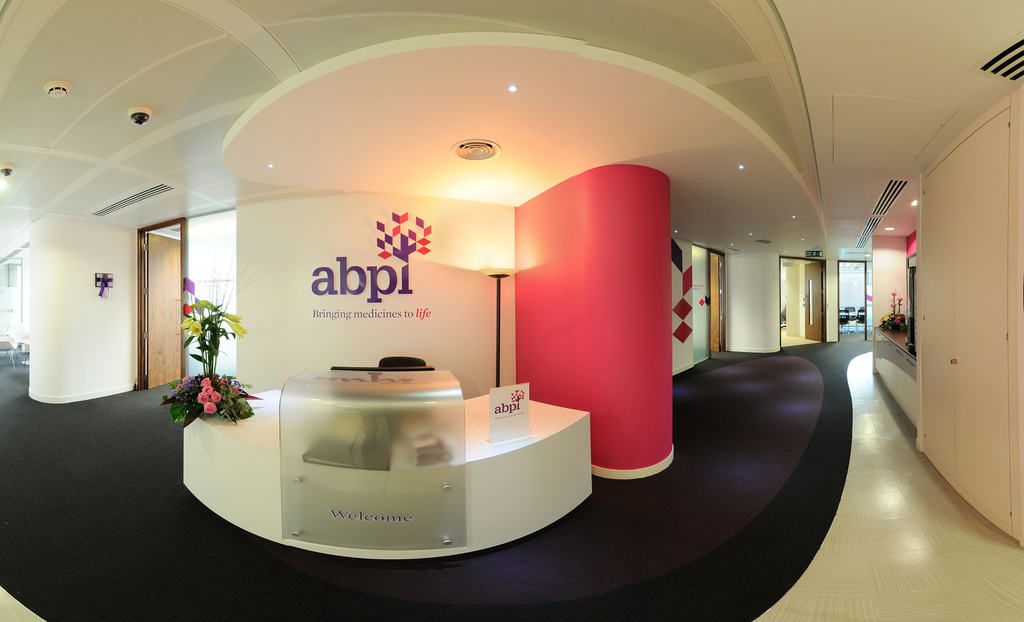
UK medicine costs ‘under control’
pharmafile | October 24, 2012 | News story | Sales and Marketing | ABPI, PCT, R&D, UK medicine
The ABPI has seized on two reports – one its own and one independent – published this week to assert that “medicine prices in the UK are firmly under control”.
The first was commissioned by the ABPI itself and shows that UK branded drugs are among the cheapest in the world.
International Comparisons of Medicine Prices: 2011 was produced by OHE Consulting and looks at the cost of drugs in 13 countries during 2011: Australia, Austria, Belgium, England, Finland, France, Germany, Ireland, Italy, Netherlands, Spain, Sweden and the US.
Using what OHE says are the same methods as in past analyses of global medicines prices by the Department of Health, the UK comes in the bottom third of the table, suggesting relatively low costs.
The second publication that the ABPI highlights is the Department of Health’s annual report and accounts for 2011-2012.
It showed that the prescribing costs of Primary Care Trusts in 2011-12 fell 0.4% to 8.2 billion year on year, despite the volume of drugs prescribed increasing by 3.9 per cent.
“This demonstrates the value the Department of Health is getting from medicines even as the cost of primary healthcare rose 1.2%,” the ABPI said in a statement.
A key message from the ABPI is that value for money for taxpayers has to be set against the need for pharma companies to make the profits that will enable future treatments to be developed.
The two reports have also allowed the trade body to bang the drum again for another of its ongoing messages: that doctors are not doing enough to use the drugs that are available.
Chief executive Stephen Whitehead said: “Whilst our prices are amongst the lowest in Europe and beyond, uptake of medicines for patients is amongst the worst. Despite the clear health and economic benefits our medicines bring, they are not always reaching UK patients.”
This is a familiar refrain from the ABPI, which has consistently suggested that poor take-up will make the UK less attractive to foreign investors when it comes to putting money into R&D and launching new medicines.
Only last week it slammed NHS figures which suggest that NICE-approved medicines are not being given to patients in half of all disease groups.
Adam Hill
Related Content

AbbVie invests €150m in new R&D facility in Germany
AbbVie has announced that it is investing approximately €150m in its second largest research and …

Evotec and Dewpoint Therapeutics enter strategic partnership
Evotec and Dewpoint Therapeutics have announced a strategic R&D collaboration for the advancement of Dewpoint’s …

BMS shares new research and development plans at the company’s R&D day
Bristol Myers Squibb (BMS) recently held a Research and Development (R&D) Day in New York, …







